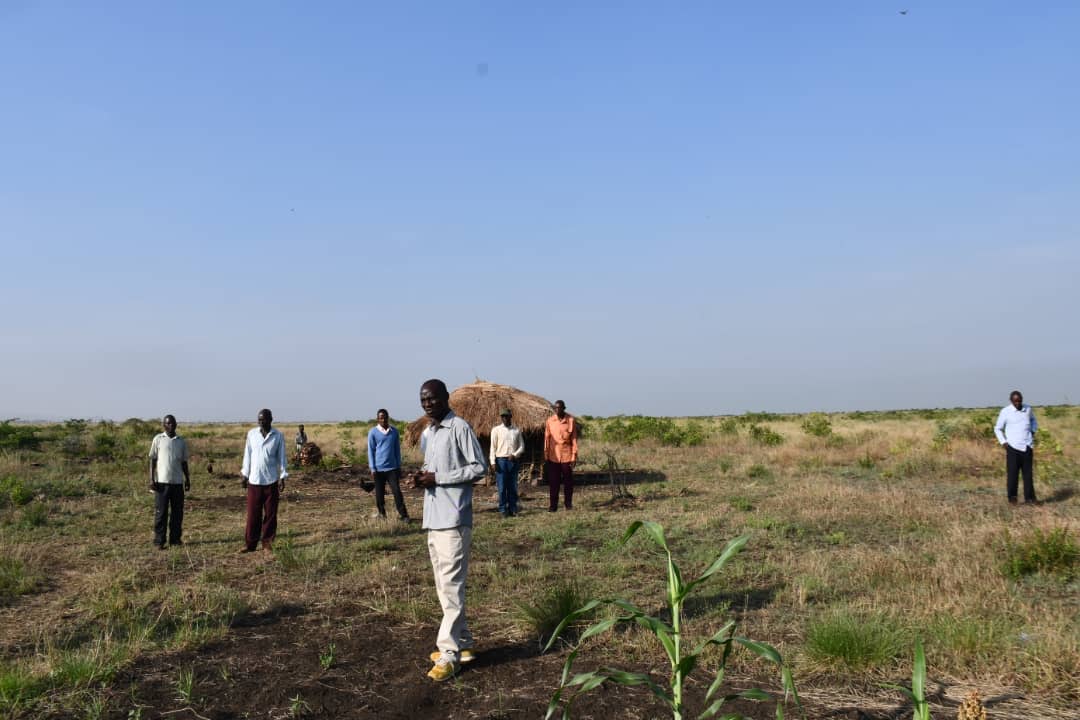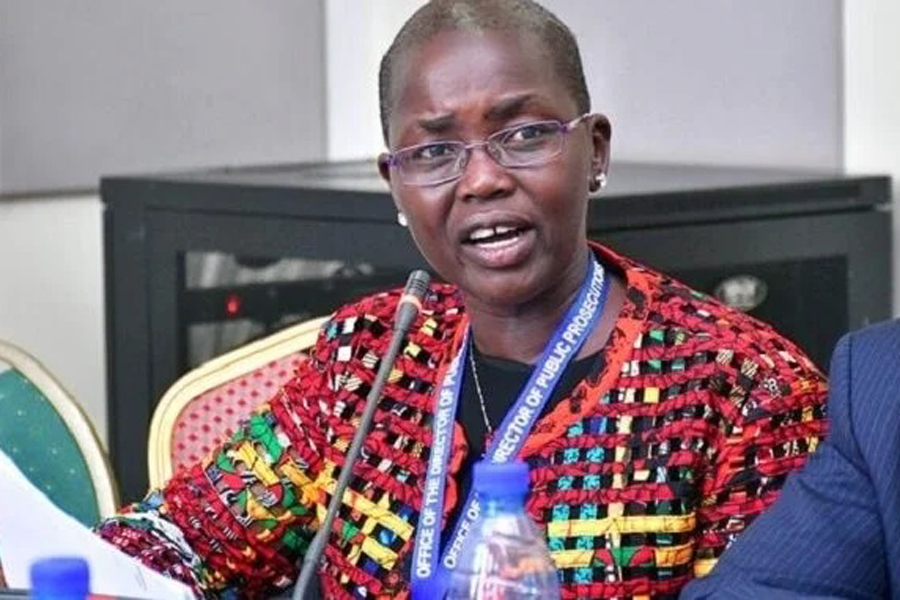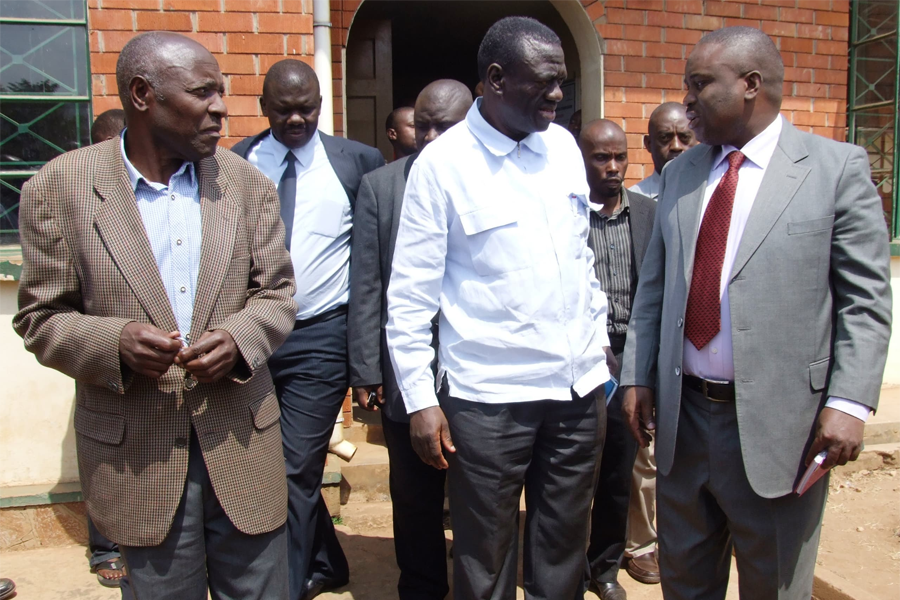Experts urge government to create ‘Emyooga’ for housing
Experts have urged government to create a housing alleviation program similar to ‘Emyooga’ to help low income earners access to cheap entry-level housing units.
Fiona Nshemerirwe, the general manager of Housing Co-operative Union said that through such a program, people can form cooperatives and get money to acquire their own houses.
Keep Reading
“Other cooperatives have been helped to access money, for example the Emyooga for the youth and Parish Model for agricultural cooperatives, if only we can have one for housing, that would go a long way in helping people access cheap housing,” Nshemerirwe said.
The housing cooperative according to Nshemerirwe are a type of Saccos, only that this type looks at a housing and its needs.
The Housing Cooperative Union general manager said that in such an arrangement, people would come up with a group and register a cooperative to address their housing in terms if buying land communally, and build on it in a standardised manner with proper planning.
Nshemerirwe said that the absence of such an initiative has brought about congestion and growth of informal settlements in the country because housing is expensive.
The growth of such informal settlements, especially in urban areas like Kampala and Wakiso has adverse effects on the country’s security and stability according to Nshemerirwe and government should intervene as soon as possible.
“Right now when you fly over Kampala, it looks like one large slum area with no roads and what can happen from that is insecurity because you have a population that is not satisfied, everyone wants to live in a good environment,” Nshemerirwe added.
She said that poor housing has also contributed to gender based violence because cannot leave comfortably with enough space.
“We conducted a study last year during lockdown and what came to our knowledge was that the high levels of gender based violence is directly related to the housing situation, staying home would be okay if you have enough space, but people are in one room, so there is that stress.”
A typical Kampala household earns just over shs 938,000 per month, reducing to an estimated shs 703,000 across all Urban areas where 25 percent of Ugandans live.
This discordance according to experts is the key driver behind the growth of informal settlements with poor planning and limited access to basic services.













